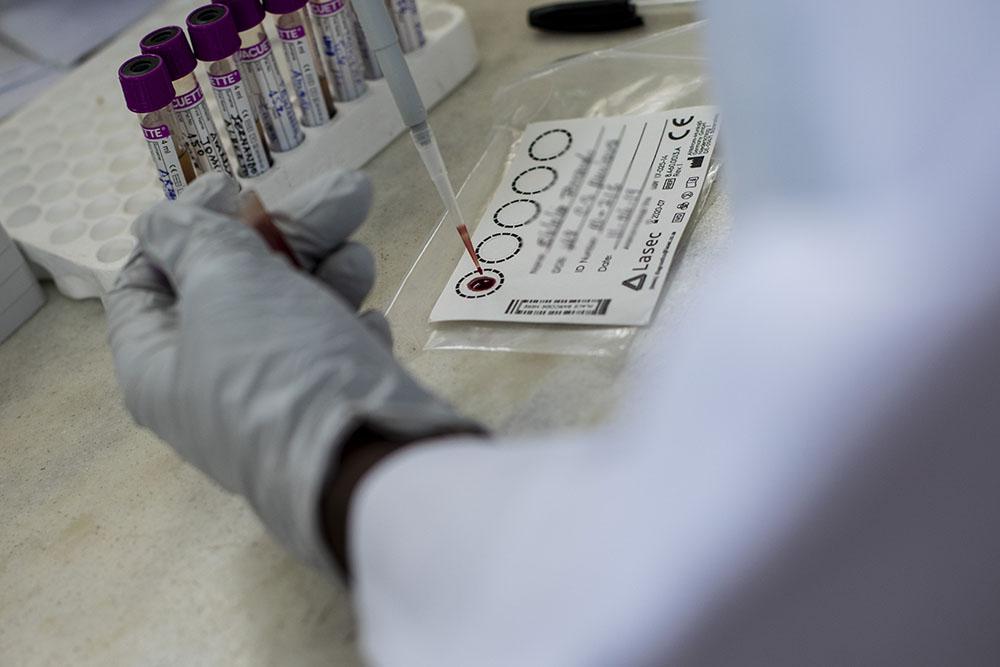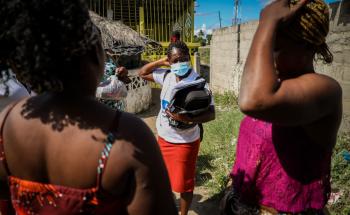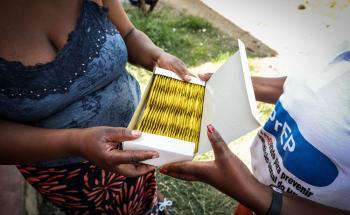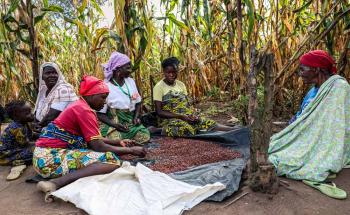Mozambique is one of 10 countries with the highest HIV burden in the world. In Beira, Doctors Without Borders (MSF) focuses on treating people with advanced HIV and implements new strategies to improve patient care. Here, MSF’s Dr Shehezady Cruz says there is hope and life ahead for patients with HIV, but treatment needs to be accessible and taken regularly.
“In the province of Sofala alone there were 14,000 HIV cases in 2019. In the city of Beira, where we work with the main hospital, 4,390 people tested positive for HIV in 2019 and 2,766 in 2020. Unfortunately, there is still a lot of stigmas and it’s difficult to convince patients to get treated for HIV.
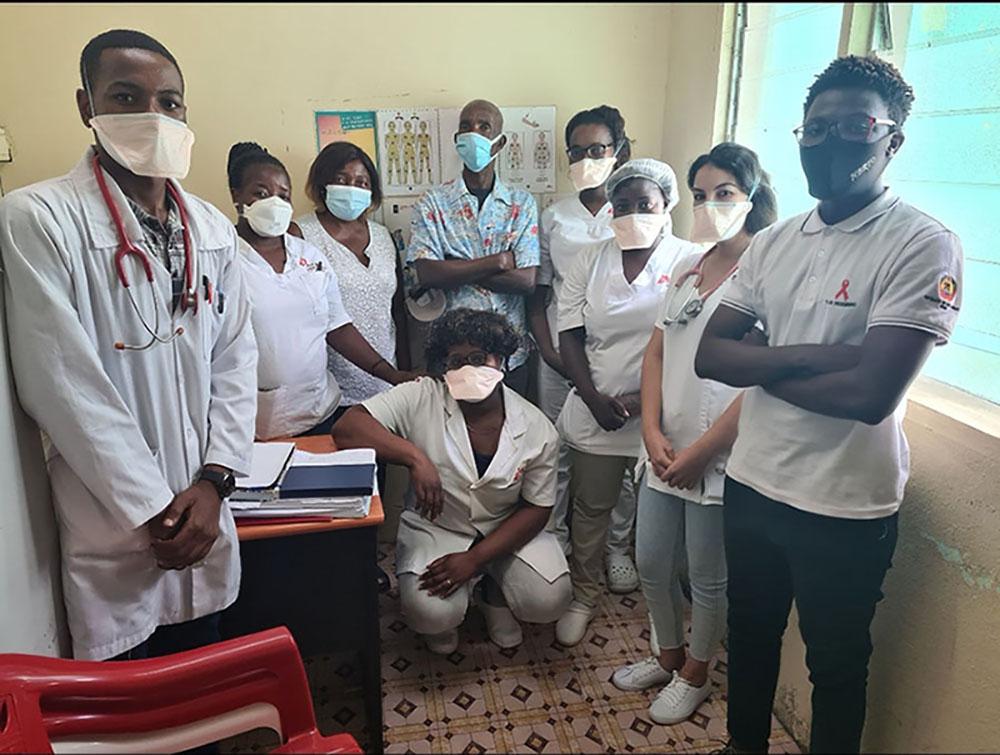
To put it simply, if a patient is diagnosed with advanced HIV (also known as acquired immune deficiency syndrome, or AIDS), it means they are in the most advanced stage of the disease. Their immune system is weak and is susceptible to opportunistic infections such as meningitis or pneumonia.
In Beira, our main aim is to recognise cases in advance by screening patients and to clinically manage these patients in the early stages in order to reduce the mortality rate. It’s important that patients know that HIV/AIDS can be treated and that it’s possible to lead a normal life – as long as the treatment is followed.
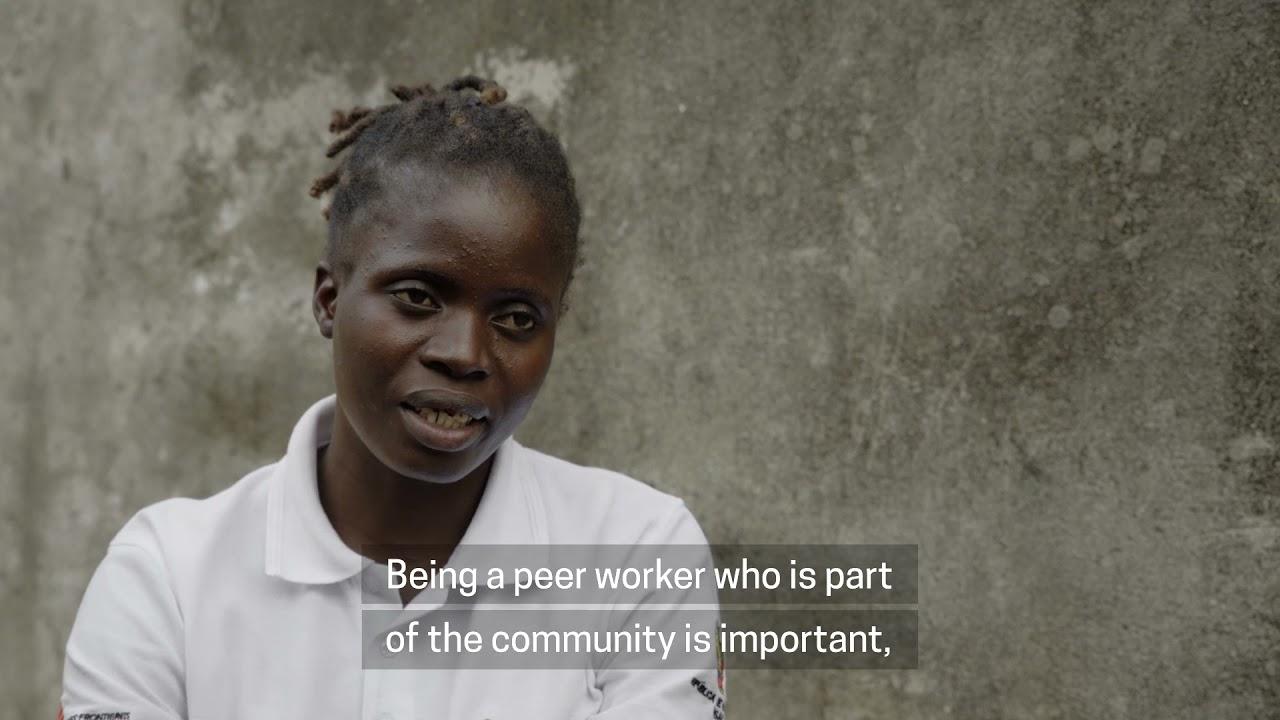
Peer-led Key Populations programming with MSF in Beira, Mozambique
However, we know that our patients face many challenges, from socio-economic difficulties to lack of family support and access to a balanced diet. It can also be difficult for them to reach health services, as some live at a significant distance from the nearest health facility. There’s also the stigma. MSF has been addressing these challenges by providing psychosocial support, following up on patients with serious illnesses, and providing outpatient consultations and referrals in conjunction with the local health centres with whom we work in Beira.
Anyone suffering from HIV should go to their nearest health facility. This disease can be controlled – it is not a death sentence. When treated correctly, patients can live a long and normal life. We hope that our patients who have recovered from advanced HIV can serve as examples to encourage others to seek treatment. There is hope and life ahead.”
